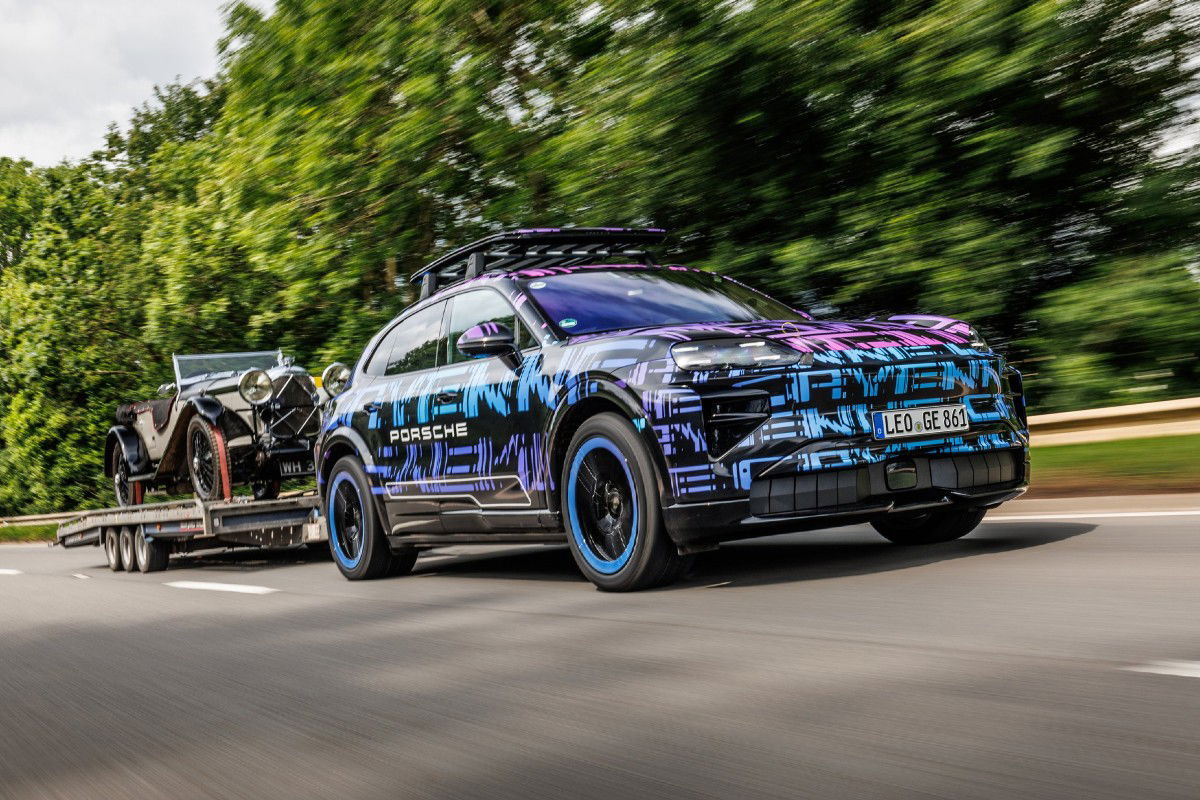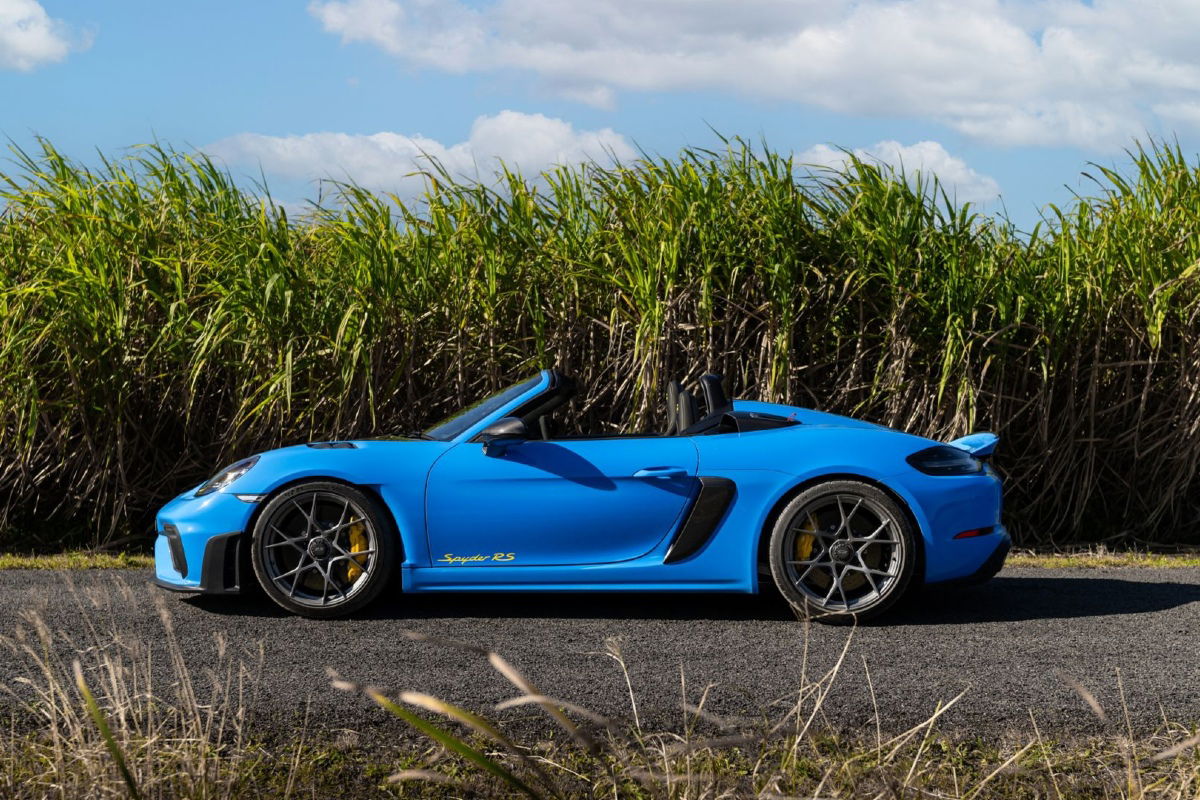Porsche has followed in the footsteps of a number of brands by walking back its electric vehicle product plans, announcing more of its upcoming models will be fuelled by petrol.
In an investor call late last week, Porsche CEO Oliver Blume announced multiple changes to the brand’s future product lineup, spanning from the 718 sports car (Boxster and Cayman) to a new flagship SUV.
According to news agency Reuters, Porsche’s EV U-turn will cost its Volkswagen Group parent €5.1 billion ($9.1 billion), while the Stuttgart brand projects its operating profit will drop by €1.8 billion ($3.2 billion) in the 2025 financial year.

The Porsche 718 was set to go electric-only for its next generation, after the current petrol-powered model was axed in some markets last year due to new European cybersecurity regulations.
Its transition to becoming an EV has faced multiple hurdles, while a weaker market demand has also hurt its potential sales, leading to Porsche announcing the next-generation model will include “top ICE (internal combustion engine) derivatives”.
While it’s currently unclear about what engines will be used – as Porsche has a wide range available, including hybrids found in the 911 – it represents a major mentality shift for the brand which clung onto making the EV work.

In addition to the 718’s changes, a new Porsche flagship will no longer be an exclusively electric vehicle. Codenamed K1, the new model is set to be a large SUV to sit above the Cayenne, potentially offering three rows of seating.
Initially planned to be electric-only, the Porsche K1 will instead launch with a choice of petrol and plug-in hybrid power, “due to market conditions”.
Porsche hasn’t announced when the production version of the K1 SUV will launch, nor has it detailed what platform it’ll run on.
On top of the 718 and K1 announcements, Porsche said it’ll continue to produce ICE and PHEV versions of the Panamera and Cayenne “well into the 2030s”, with “generations of successor models […] added to the Cycle Plan for these vehicle models”.
The brand’s commitment to keeping these ICE models alive has led to the delay of a new EV platform, originally planned to arrive in the 2030s, but now with an unspecified date.
“These decisions build on the previously announced initiatives and help us to achieve a very balanced portfolio. This increases our flexibility and strengthens our position in a currently highly volatile environment,” said Blume.
“With a convincing mix of combustion engines, plug-in hybrids and battery-electric vehicles, we want to meet the entire range of customer requirements. In the medium term, this approach is intended to support our business model and strengthen our market position.”
As reported last month, Porsche has already announced it’ll launch a new Macan-sized SUV with petrol and hybrid power by no later than 2028, following the EV-only move of its best-seller, which has led to a drop in sales.













Discussion about this post